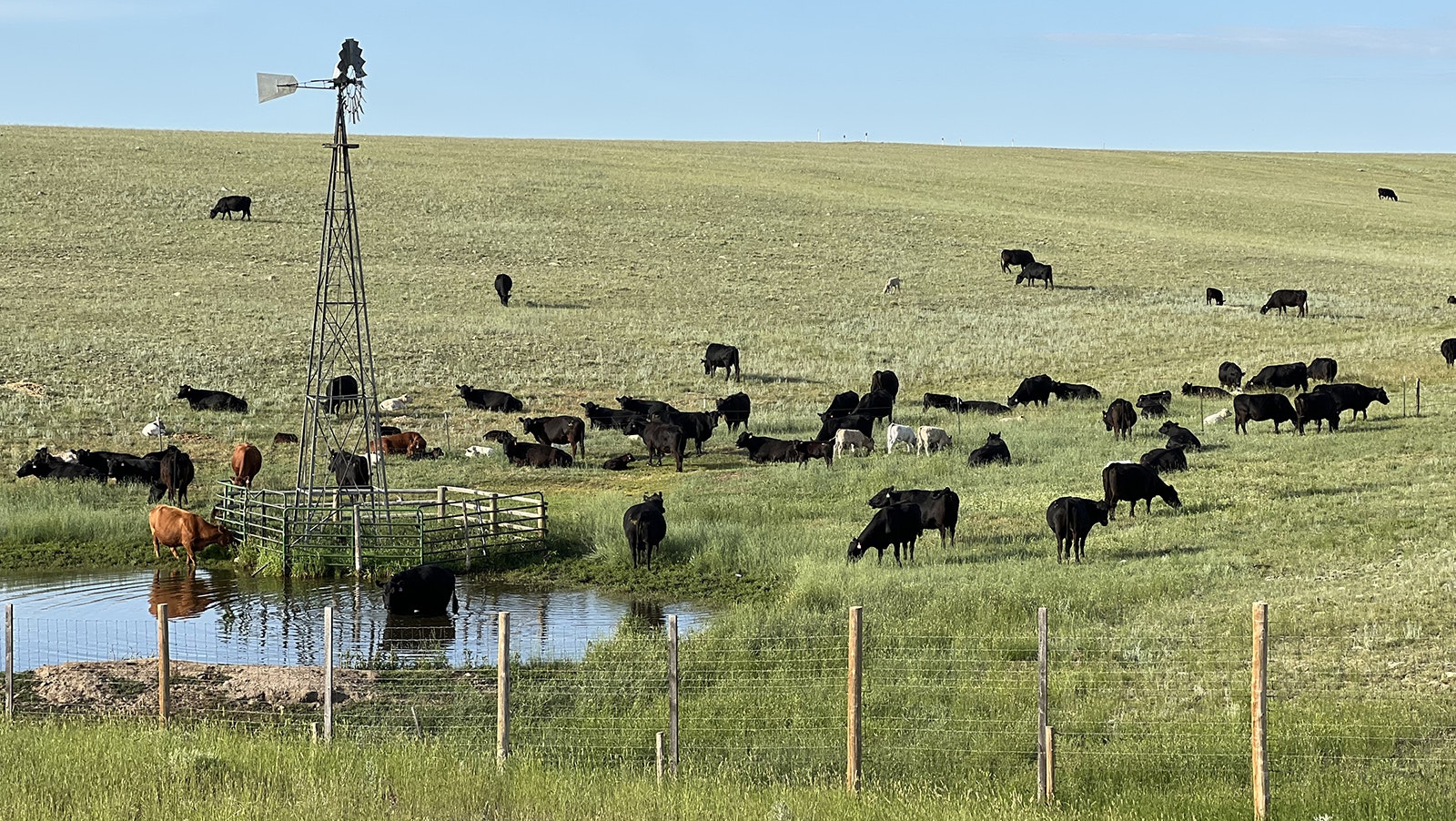The Wyoming Livestock Board (WLSB) and the Wyoming Department of Agriculture (WDA) reported Friday the first case of highly pathogenic avian influenza, also known as HPAI or bird flu, has been confirmed in a Wyoming dairy cattle herd. The location of the herd has not been disclosed to the public.
The confirmation came from the U.S. Department of Agriculture's National Veterinary Services Laboratory, which tested samples from the Wyoming State Veterinary Laboratory. While any detection of HPAI is concerning, Wyoming's beef ranchers shouldn't have any cause for concern, the agencies report.
"A representative of the Wyoming Livestock Board mentioned it during the Wyoming Cattle Industry Convention, which we've been doing the last three days," Jim Magagna, executive vice president of the Wyoming Stock Growers Association, told Cowboy State Daily. "It certainly didn't cause any concern with our group of beef cattle producers."
A Dairy Dilemma
Over the last several months, cases of bird flu have been confirmed in cattle in several states. As of Friday, the USDA had identified at least 85 confirmed cases in 10 states.
Symptoms of HPAI in cattle include a drop in milk production, loss of appetite, changes in manure consistency, thickened or colostrum-like milk and low-grade fever. Despite the uptick in cases, several federal agencies have stressed that there are no concerns about the safety of the commercial milk supply or any risks to public health.
Wyoming beef cattle producers aren't concerned about finding HPAI in their herds because all 85 cases the USDA has reported have been from dairy cattle. Magagna said dairy cattle are particularly susceptible, but the virus doesn't appear to transfer from dairy to beef cattle.
"There's not a lot of dairy in Wyoming, other than a few areas where it's certainly important," he said. "At least to my knowledge, (HPAI) affects dairy cattle that have been kept for long periods to extend their milk production. Beef cattle aren't being heavily milked every day, so that could be a distinguishing factor.”
Magagna added that dairy cattle that haven't been milked for extended periods also seem to resist the virus. Given the specific circumstances that led to dairy cattle catching bird flu, he doesn't believe there's any reason for ranchers to worry.
"There have been several outbreaks across the country now, and all of those have been investigated," he said. "They've tested some other cattle, and to date there's no evidence that it would spread beyond dairy cattle. From a beef cattle perspective, I don't believe we have any reason to be concerned."
Past Her Eyes
When dairy cattle are confirmed to have HPAI, any milk they produce is intercepted and prevented from entering the consumer market. Humans tend not to be susceptible to avian viruses, but it's not impossible for people to contract a sporadic infection.
The pasteurization process should eliminate any risk of a person or animal contracting HPAI from dairy. Doug Miyamoto, director of the Wyoming Department of Agriculture, assured that pasteurization and the oversight of federal agencies are enough to keep the risks of HPAI low throughout the United States.
"USDA, CDC and other agencies continue to emphasize that pasteurization kills bacteria and viruses, like influenza, and that these milk and dairy products are safe to consume," he said. "This is a very low risk to human health, and the WDA will continue our normal regulatory efforts of the commercial dairy industry in Wyoming to help ensure the continued safety of the dairy products under inspection."
Andrew Rossi can be reached at arossi@cowboystatedaily.com.





